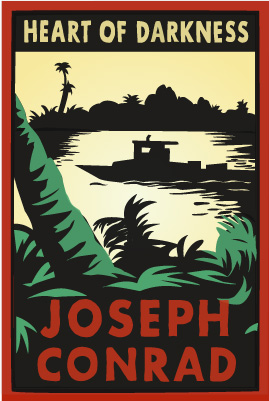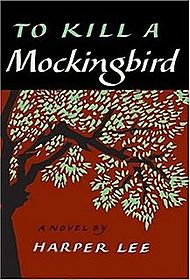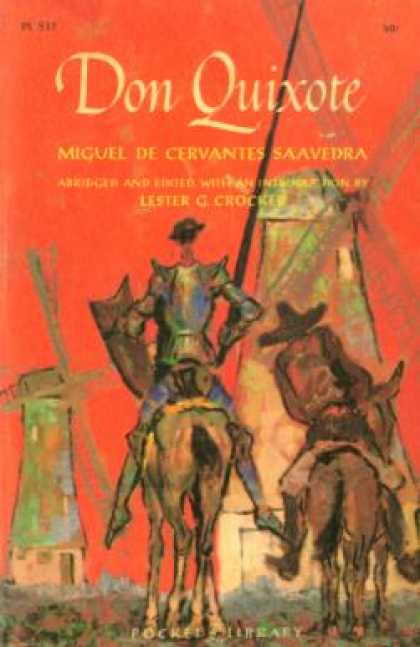The written word has held a special place in the hearts of humans since long before widespread literacy. Whether in the form of Greek tragedies and comedies, religious texts, or later in Shakespeare’s plays, the written word has been physically performed on stage, internalized by those who have had the privilege to read, and has otherwise become a crucial pillar in the framework of how we understand the world around us. Storytelling is an important part of what makes us human.
Great books tend to build on the themes and knowledge of the books that came before. In this list you will find those books that have had lasting impacts on our collective consciousness. They have challenged preconceived notions, established new norms, or simply helped us realize greater truth about ourselves by articulating sentiments about what had previously seemed inexpressible.
The Odyssey by Homer (8th century BCE)
The Greek epic poem The Odyssey is one of the most seminal of all narratives. In this sequel to Homer’s The Iliad, the trials and tribulations that hero Odysseus would encounter upon his 10-year return journey from the 10-year long Trojan War (in which it was assumed by his wife Penelope that he’d died) are the stuff of legend and would inspire countless stories in the coming centuries. Odysseus’ navigation between sea monsters Scylla and Charybdis itself would spawn the idiom “between a rock and a hard place,” only one small debt modern storytelling and language owes to Homer’s ancient writings.
 Oedipus the King by Sophocles (429 BCE)
Oedipus the King by Sophocles (429 BCE)
As it was known in Latin, Oedipus Rex changed the course of storytelling and humanity’s understanding of the world, as it was one of the first notable Greek tragedies to shift the cause of events onto the actions of its tragic hero rather than simply a result of the fates. While Oedipus was destined from birth to murder his father and marry his mother, the chain of events indicates how Oedipus (despite being prophesied to commit these heinous acts) indirectly chooses his own fate through actions of his own free will. This interaction between predestination and free will would lay the groundwork for myriad fictional works to come.
Don Quixote by Miguel de Cervantes (1605 & 1615)
Written in two volumes 10 years apart, Cervantes’ Don Quixote stands as one of the great intersections between tragedy and comedy. As the titular protagonist, an aging gentleman otherwise of sound mine, Don Quixote is enraptured by a book he reads about chivalry and has a mental break. He finds himself a squire and sets out on a knight-errand that ends up being a foolhardy enterprise. Most famously, Don Quixote attacks a set of windmills thinking they are menacing giants. As with many great works of literature, the meaning of Cervantes epic two-volume story is open to many interpretations, making it all the more engrossing.
Crime and Punishment by Fyodor Dostoyevsky (1866)
Troubled young man Raskolnikov murders and robs an aged money-lender due to an ideological rationalization he’s developed that some people have the right to take the lives of others if done for some higher purpose. Of course, Raskolnikov’s conscience begins to wear him thin as an investigator suspects him of the crime. Raskolnikov begins to understand the error of his ways and even as his threat of prosecution wanes, he’s bound to confess. Dostoyevsky expertly incorporates his own philosophy against anti-radicalism into his anti-hero in this all-time classic brimming with internal tension.
 Heart of Darkness by Joseph Conrad (1899)
Heart of Darkness by Joseph Conrad (1899)
Conrad’s most famous work, Heart of Darkness, focuses on the universal themes of humanity’s primal tendency toward violence and also our penchant for civilization. Moreover, the book delves into how “civilization” throughout the centuries has pillaged indigenous people and built imperialist empires on the backs of other cultures. As the book’s protagonist journeys down an unnamed African river to the compound of the brutal and unhinged Mr. Kurtz, Conrad illustrates the light and darkness within humans.
 The Jungle by Upton Sinclair (1906)
The Jungle by Upton Sinclair (1906)
Sinclair used his investigation skills as a journalist to put together one of the 20th century’s most important books, The Jungle. In it, he exposed the brutal conditions of low-wage workers and immigrants within the meat packaging industry. In an age before social welfare programs and other efforts to fight poverty, Sinclair’s book helped to re-shape how the nation viewed the working poor who often suffered through dangerous and harsh working conditions in order to try to survive, while not being paid enough to do so. In a century defined by protest and social change, The Jungle was a bellwether of things to come.
 Lolita by Vladimir Nabokov (1955)
Lolita by Vladimir Nabokov (1955)
Lolita is notable not only for pushing boundaries with its prurient subject matter, but for Nabokov’s innovative writing style. Narrator Humbert Humbert details his criminal desires and pursuit of a young girl who has become his step-daughter in one of the most striking examples in literature of an unreliable narrator. Nabokov proved that we don’t have to trust or even like the narrator of a story to make it compelling fiction and Lolita continues to appear near the top of many Best Books lists to this day.
 To Kill a Mockingbird by Harper Lee (1960)
To Kill a Mockingbird by Harper Lee (1960)
Harper Lee rightfully won the Pulitzer Prize for her tale of overcoming racial prejudice and injustice in the pre-Civil Rights United States. Narrated by a young girl named Scout, as she comes to grips with the loss of innocence associated with living in highly racist town in the Deep South and the first hand accounts of injustice she witnesses as her father, Atticus Finch, unsuccessfully defends an innocent African American man wrongfully accused of assaulting a white woman. The book is a triumph in stating through the simple language of a child how civilization and freedom for all depends on seeing things from other people’s perspectives.


